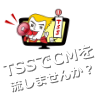TSS Archive Project
University of Idaho & TSS Joint Project
Mayor Hamai’s testimony:Aired on August 4, 2020 /Yuriko Hayashi’s testimony:Aired on December 21, 2022
『“Mayor Hamai’s testimony” “Yuriko Hayashi’s testimony”
in English is now available to watch!』
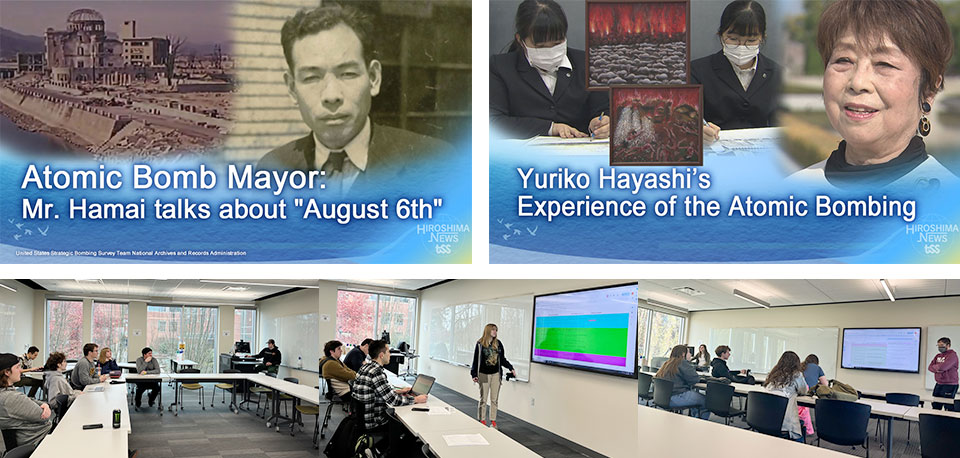
The Next Generation Succession Project involves adding English subtitles to the TSS special peace related programs in collaboration with younger generations and distributing the programs worldwide. The University of Idaho (USA) has participated this project since January 2024, and twenty students completed the translation of two programs this year. These programs are now available on the TSS Archive Project official website.
Three student representatives from the University of Idaho who participated in the English translation of 'Mayor Hamai's Testimony of the Atomic Bombing' will visit Hiroshima and present their research and thoughts on the translation project at the following events. Please come to join us viewing the TSS program with English translation provided by the students, along with their wishes for peace.
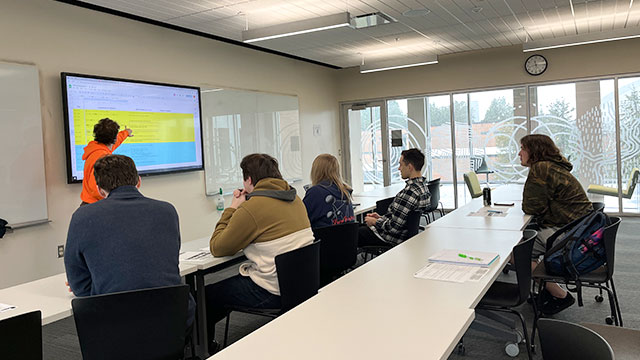
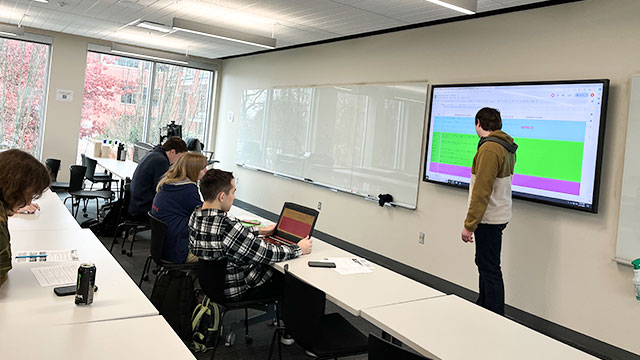
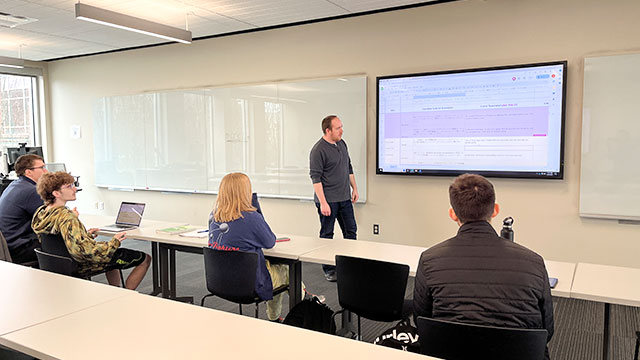
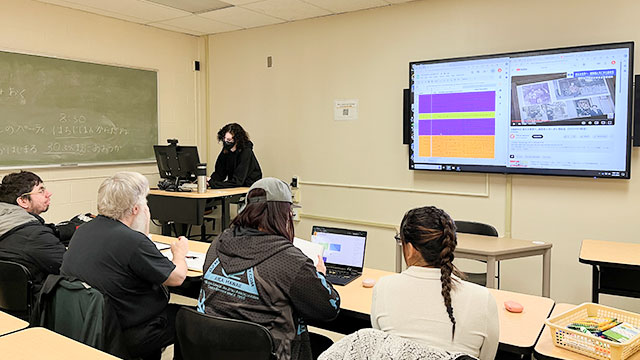
Alyssa Dyer: Student representative translating “Mayor Hamai’s testimony”
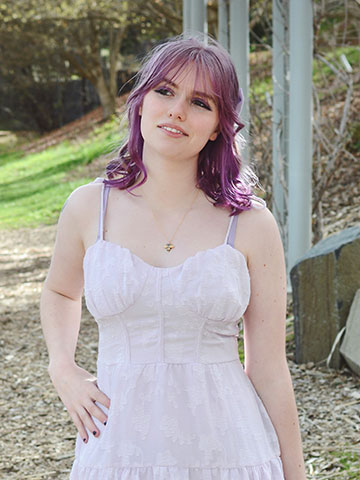
Before this project, I had heard of Shinso Hamai, but I did not know a lot about him. During the translation process, I gained a lot of respect for him. After such a tragic experience, it must have been difficult to move forward. It must have taken a lot of strength to start reconstruction projects and hold the Peace Ceremony. Correctly translating his descriptions of the blast destroying his house and the people he saw with horrific injuries was very important to me. The atomic bomb survivors’ testimonies are evidence that only harm can come from using nuclear weapons. Mr. Hamai taught us how we can work towards peace and use devastation as a way to rebuild.
Tyler Kneller: Student representative translating “Mayor Hamai’s testimony”

In working on this translation project, I gained more personalized perspective into the aftermath of the bombing, and how the citizens of Hiroshima and all of Japan responded after. Considering the destruction caused by the atomic bomb while looking at the current conflicts occurring throughout the world, I believe it is more important than ever to remember the consequences of warfare getting out of control. I believe that sharing the stories of the survivors, both of their struggles and of how they were able to come together and rebuild after such a catastrophe, are extremely important in remembering the consequences should something like that ever happen again.
Kai Ohmes: Student representative translating “Yuriko Hayashi’s testimony”
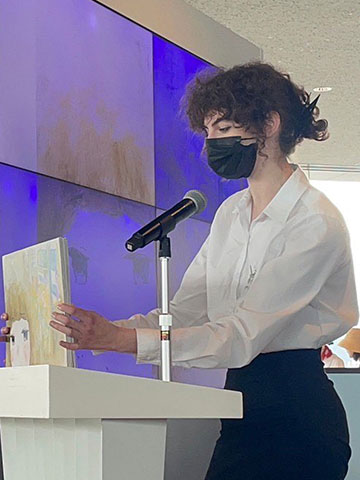
I am very thankful to have had the opportunity to help translate these broadcasts, as this endeavor was not only an exercise in which I could strengthen my language skills, but a meaningful effort to spread information and perspectives. The act of creating art to memorialize our experiences as people is integral to being human. Thus, I am glad I was able to help translate a broadcast of just that being done, as doing so further strengthened my resolve to improve global communication, empathy, and solidarity. Even though the subject matter can be uncomfortable and even scary, it is crucial we remember these aspects of history, so that we may work to build a brighter future.
University of Idaho
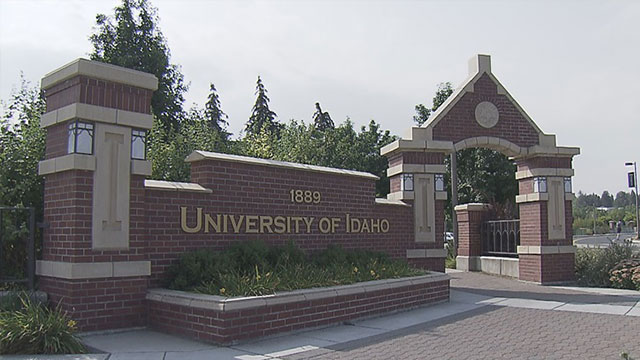
Founded in 1889, the University of Idaho is a public research university located in the northwestern region of the state. As the leading research institution in Idaho, it plays a significant role in supporting the local economy and employment. The university fosters diverse perspectives and innovative, creative thinking, offering over 200 undergraduate and graduate programs. In addition to its main campus in the city of Moscow, it operates campuses and research facilities throughout the state.
Junso Hamai: The eldest son of Shinso Hamai, who was the first mayor of Hiroshima elected by popular vote and who laid the foundation for the reconstruction of the city.
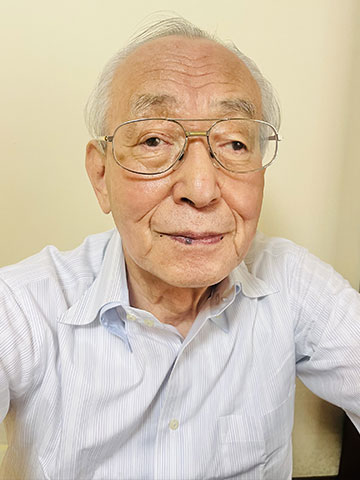
Hiroshima is a city that seeks absolute peace for humanity and the world beyond national borders. I believe that the path to prevent repeating mistakes is not through nationalistic peace but through the peace on a global scale.
I think there are limits to globalizing the idea of Hiroshima’s peace through leaders of the nations because inevitably, it turns to nuclear deterrence. Although they claim to reduce nuclear weapons while deterring them, the reality is that the number of nuclear weapons is increasing. Some countries are even threatening to use nuclear weapons. The only remaining path is to appeal directly to the citizens of all the nations, to spread the idea of peace in Hiroshima beyond national borders and establish a common perspectives of world peace.
The true idea of peace in Hiroshima is found in the first Peace Declaration (1947). The thoughts, wishes, mission and aspirations of the survivors of the atomic bomb are all there. This declaration shows the pure thoughts and words of survivors who stood up and spoke to the world on behalf of the philosophy of peace. For world peace without war and nuclear weapons, I believe that it is important to return to the origin, where Hiroshima became a symbol of peace. We need to spread the awareness that nuclear weapons are not something that can coexist with humanity. We need to create a shared value of peace beyond national borders.
In this sense, the efforts of students at the University of Idaho are at the forefront of peace transcending national boundaries. I would like to express my respect and gratitude for all your hard work. Please continue to strive and spread your messages of peace to the world.
Peace Declaration (1947)
Today, on this second anniversary of the atomic bombing of Hiroshima, we, Hiroshima's citizens, renew our commitment to the establishment of peace by celebrating a Peace Festival at this site, and expressing our burning desire for peace.
The citizens of Hiroshima will never be able to forget August 6, 1945. On that morning, exactly two years ago today, the first atomic bomb to be unleashed on a city in the history of mankind fell on Hiroshima; it instantly reduced the city to ashes and claimed the precious lives of more than 100,000 of our fellow citizens. Hiroshima turned into a city of death and darkness. Yet as some slight consolation for this horror, the dropping of the atomic bomb became a factor in ending the war and calling a halt to the fighting. In this sense, mankind must remember that August 6 was a day that brought a chance for world peace. This is the reason why we are now commemorating that day by solemnly inaugurating a festival of peace, despite the limitless sorrow in our minds. For only those who most bitterly experienced and came to know most completely the misery and the guilt of war can utterly reject war as the most terrible kind of human suffering, and ardently pursue peace.
This horrible weapon brought about a "Revolution of Thought," which has convinced us of the necessity and the value of eternal peace. That is to say, because of this atomic bomb, the people of the world have become aware that a global war in which atomic energy would be used would lead to the end of our civilization and extinction of mankind.
This revolution in thinking ought to be the basis for an absolute peace, and imply the birth of new life and a new world. We know that, when in a crisis discover a new truth and a new path from the crisis itself, by reflecting deeply and beginning afresh. If this is true, what we have to do at this moment is to strive with all our might towards peace, becoming forerunners of a new civilization.
Let us join to sweep away from this earth the horror of war, and to build a true peace.
Let us join in renouncing war eternally, and building a plan for world peace on this earth.
Here, under this peace tower, we thus make a declaration of peace.
August 6, 1947
Shinzo Hamai
President of Hiroshima Peace Festival Association
Mayor of Hiroshima City
Source: Peace Declaration (1947)
Official City of Hiroshima website
(Source material has been edited into the current format)


